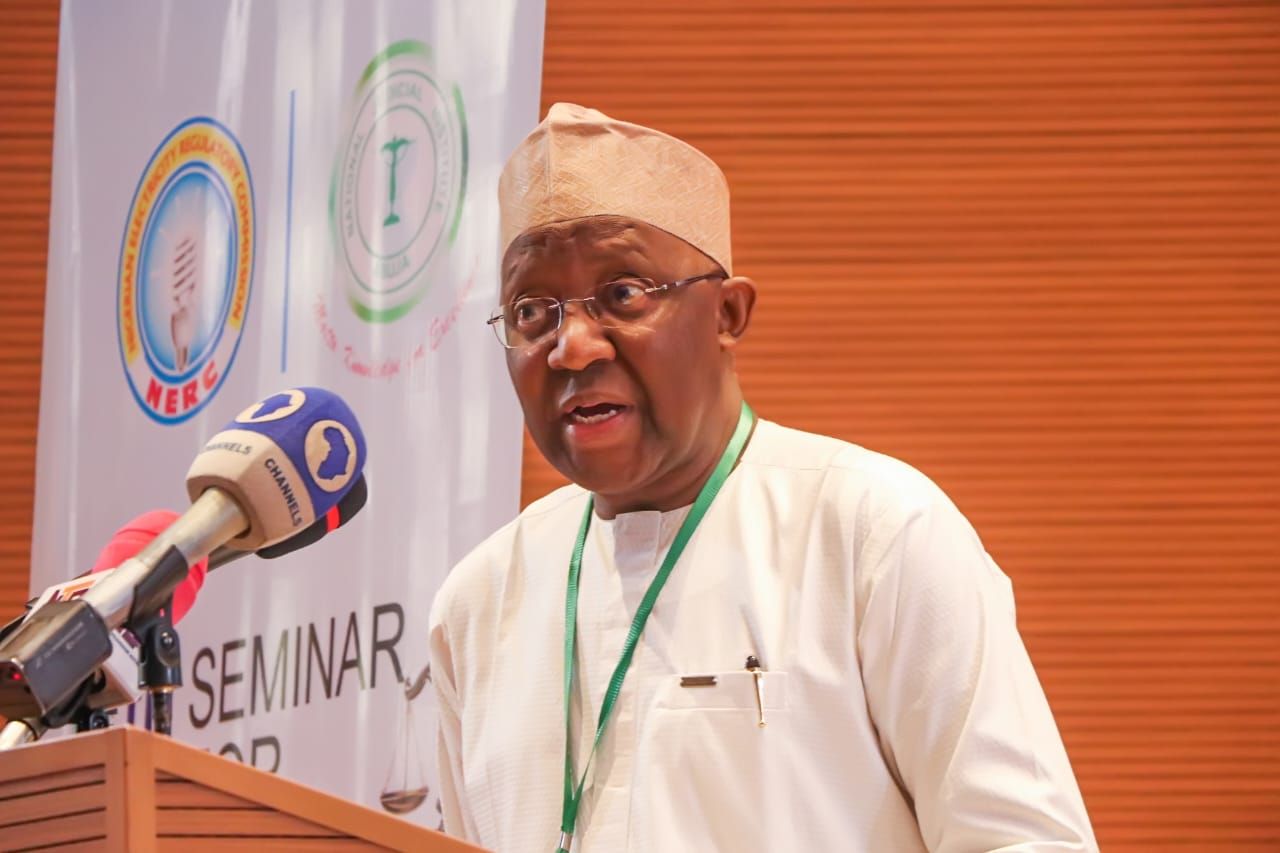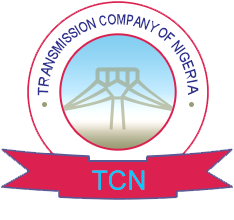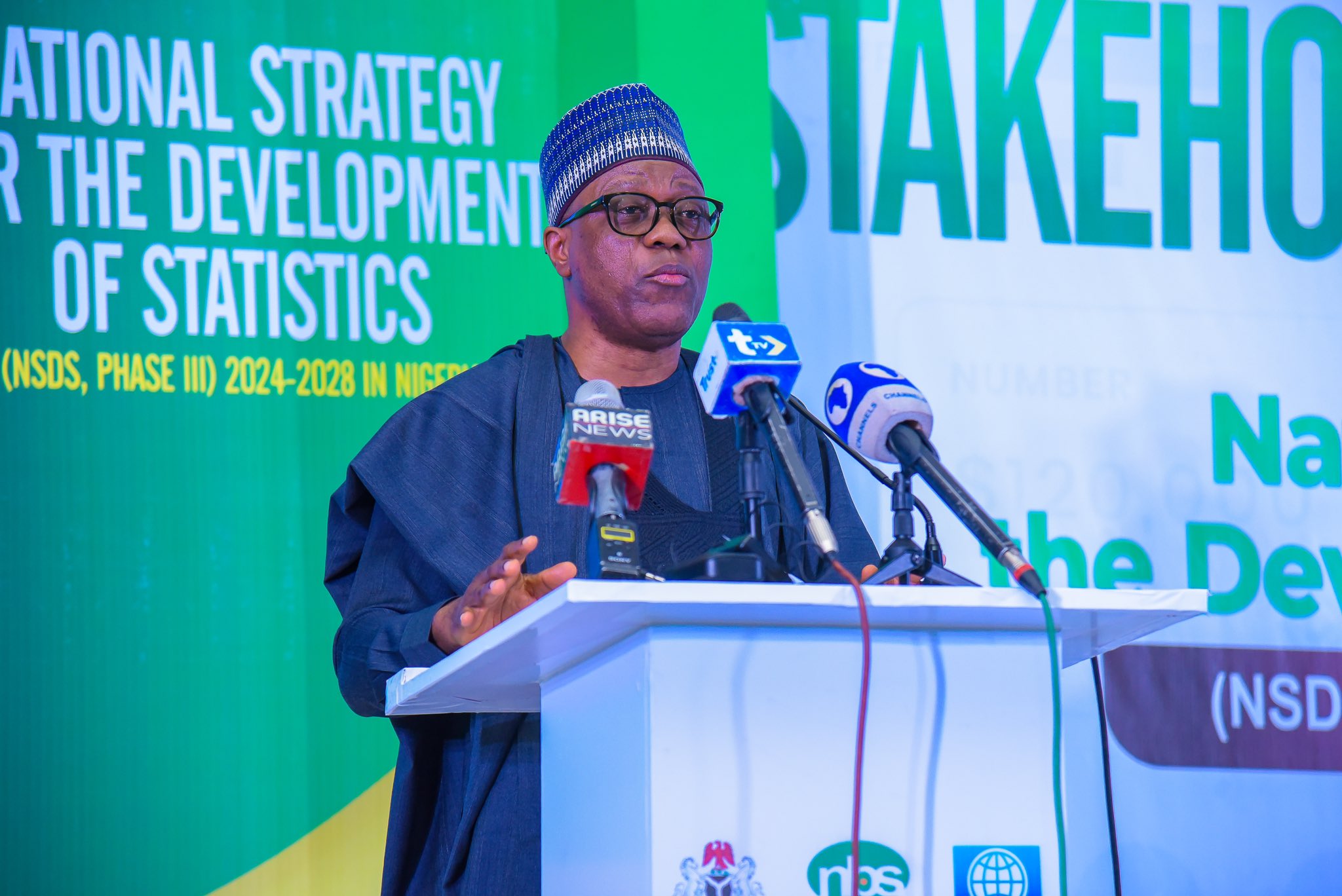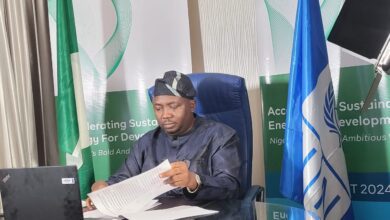Power: Massive Investments Required To Achieve FG’s $1trn Economy -Adelabu

…Discloses Plans To Restructure TCN
The Minister of Power, Chief Adebayo Adelabu has stated that for Nigeria to increase its GDP to a trillion dollars by 2030 as projected by President Bola Tinubu, there was a need for massive investments in electricity provision nationwide.
Chief Adelabu spoke at the Ministerial Retreat on the Integrated National Electricity Policy and Strategic Implementation Plan (INEP-SIP) on Tuesday in Abuja.
He noted that the Federal Government must work with the States and local government councils to increase the coverage and distribution of electricity across the country.
Adelabu also said that the States, Local Government Authorities, and the current Distribution Companies (DisCos) must work together to invest in reinforcing and extending local distribution infrastructure in a way that enhances competition wherever possible, while also recognising the equitable vested interest that States have historically had in the shareholding of the Discos.
The Minister said, the Retreat marks the inaugural phase of a three-stage stakeholder engagement aimed at formulating the INEP-SIP, ultimately intended for presentation and approval by the Federal Executive Council (FEC).
He highlighted the key focus areas of the Retreat to include Electricity Market Design, Key Challenges to Nigeria’s Electricity Reliability, Risk-Mitigated Domestic Gas-to-Power Market, TSP, ISO and Regional Grids and a Super Grid, EvolvingTrue and Effective Energy Transition For Nigeria, Human Resource Development for The NESI, Finance, Revenue Assurance and Capital Investment Programmes across the Electricity Value Chain.
Explaining some of the focus areas, Adelabu said, the evolution from the single national electricity market to a dual structure comprising a wholesale market and potentially, several State retail markets, as allowed by the Electricity Act 2023, requires careful consideration of how the transition would take place.
He, however, gave a poor track record in contracting, contract management, and adherence to contractual obligations, in some cases, even by design as root causes behind the lack of substantial growth in the Nigerian Electricity Supply Industry (NESI) since the EPSRA 2005 and 2013 privatization exercise.
He said, with impartial examination, it was evident that these identified factors erode confidence in the viability of the sector and pose fundamental challenges of inadequate capitalization and limited access to funds for the diverse players along the energy value chain, from gas supply to electricity distribution.
Under the Risk-Mitigated Domestic Gas-to-Power Market, he said, as of 2022, 70.5% of our grid electricity was generated by thermal plants, 27.3% from hydro, whilst solar and other power plants made up 2.2%.
“The good news here is that over 98% of the feedstock powering electricity generation in the country are transition or clean fuels, as Nigeria ramps up capacity to generate more electricity through renewable means such as solar, hydro, wind, bioenergy, and others”, he said.
According to him, “a major issue in the sector is the pricing of gas utilized by GenCos in US Dollars, a hugely volatile variable that significantly affects the pricing of electricity to end-users.
“A more preferable option is to ensure that the gas utilized by the GenCos is traded in Niara so as to better manage the foreign currency-related inflationary trends that challenge the faithful application of the Multi-Year Tariff Order (MYTO) methodology.
“While we appreciate the interplay of contractual obligations, economics and the application of the Petroleum Industry Act, it must also be said that, as a matter of urgent national interest and economic survival, we must find ways and means to pursue domestic gas policies and incentivize stakeholders for the supply of gas for inland use in electricity supply, other industrial activities, and conversion to CNG and LPG for transportation and domestic uses respectively.
“Therefore, I would suggest that one of the major deliverables from this policy-making process is a viable method for establishing a sustainable capital investment programme around gas processing and transportation infrastructure with its associated fiscal incentives and policies that will attract/unlock investments into the production of Naira-denominated gas from inland gas basins, and in Non-Associated Gas fields from Nigeria’s various prolific hydrocarbon basins”, he said.
He said, over 98% of electricity generated in Nigeria is through clean or transition fuels which shapes the discourse and activities to be undertaken as we strive to achieve net zero CO2 emissions by 2060.
“This Ministry would like to see more utility scale solar power plants by 2030, which brings added responsibility for investments in generation and grid stability to address the variability that transmission of renewable energy generated power over long distances brings”, he added.
Adelabu said, as the country designs effective solutions for every stakeholder along the electricity value chain, it is critically important to create a pool of personnel that could drive through the reforms and solutions as envisaged for the industry in both the public and private sectors.
“We must adopt a deliberate and inclusive model of human capacity development that supports all facets of policymaking, regulation, and the operation and maintenance of assets, plants, and equipment across the value chain”, he added.
The Minister who said that the heart of NESI’s proposed reforms hinges upon securing long-term financing across the entire value chain, stated that while past discussions highlighted concerns about the financial capacities of private sector players from the 2013 privatization, our focus must center on collaborative solutions to alleviate present liquidity challenges.
“Initiating this quest for robust investment involves attracting domestic institutional investors and reputable partners from well-governed sectors within the electricity value chain.
“At this Retreat, we’ve invited established infrastructure financiers and fintech innovators to infuse fresh thinking into our industry, aiming to develop innovative policies enabling capital investment programs and fiscal incentives that elevate the risk profile of sector opportunities to financeable levels.
“A notable trend is the emergence of bilateral contracts between Gencos and Discos, alongside the formation of energy investment holding companies integrating generation and distribution assets. Encouraging our Pension Fund Administrators, who collectively wield over N17 trillion, to delve into understanding NESI and fostering bankable strategies for capital infusion is pivotal”, he said.
Meanwhile, the Minister disclosed that the Transmission Company of Nigeria (TCN) would be unbundled into two entities to align with the Electricity Act 2023, and the industry’s demands.
“The NESI transmission sub-sector has been identified as a critical weak point in the value chain lately, a view widely shared. To align with the Electricity Act 2023 and the industry’s demands, it’s time to restructure the Transmission Company of Nigeria (TCN) into two entities: the Independent System Operator (ISO) and the Transmission Service Provider (TSP).
“This restructuring must synchronize with the evolving landscape of State Electricity Markets, addressing calls for the decentralization of the national grid into regional grids interconnected by a new higher voltage national or super-grid.
“Essentially, we must ask whether the government should directly provide electricity nationwide or rather facilitate its provision. Drawing comparisons with China’s centralized model and the US’s diverse access models—like rural cooperatives and State-based utilities with regulatory oversight—presents various considerations.
“How to handle subsidies, cross-subsidies, and aligning the Rural Electrification Agency’s role with emerging State markets are vital questions that demand stakeholder scrutiny for effective resolution”, he noted.






